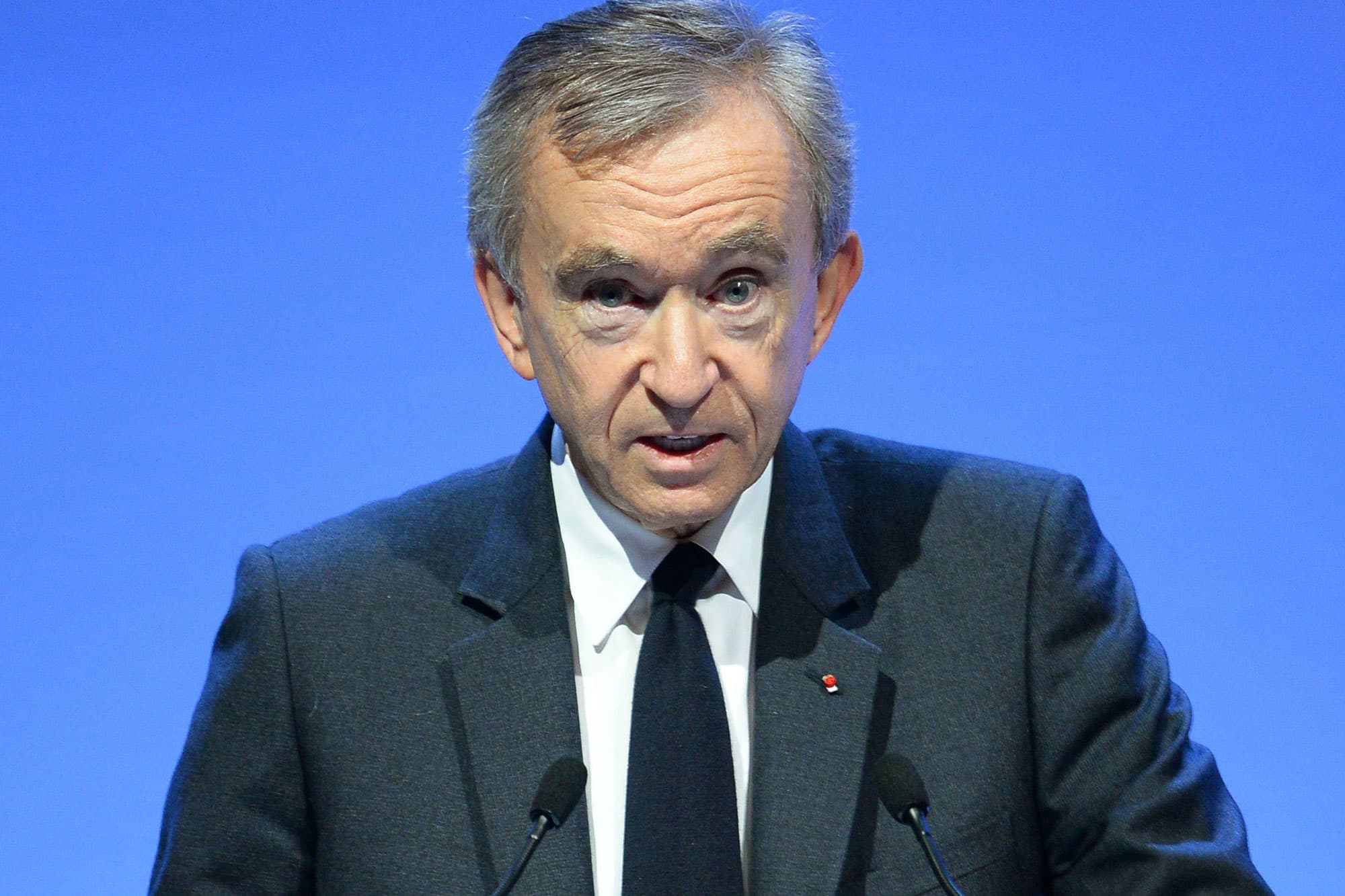Products You May Like
LVMH Chief Executive Bernard Arnault said Thursday that the metaverse could become a business opportunity for the luxury giant, but “we have to be wary of bubbles” and “we have to sound a note of caution.”
As the luxury industry takes center stage in the growth hopes of the metaverse — with a virtual Gucci bag selling for $4,500 on Roblox — brands like Nike, Balenciaga and Burberry are making plans to turn their real-world status into digital profits. Nike recently acquired digital-sneaker brand RTFKT, which sold 600 pairs of virtual shoes for $3.1 million, while Burberry collaborated with Mythical Games to launch nonfungible tokens.
For now, LVMH is focused on the real rather than the virtual, Arnault said, during the company’s earnings call Thursday.
“At this stage, we are very much in the real world, selling real products,” he said. “We are not interested in selling virtual sneakers for 10 euros. We’re not into that.”
Arnault also warned of potentially speculative bubbles that have little lasting commercial value, similar to many of the companies and promises of the dot-com bubble.
“We have to be wary of bubbles,” he said. “At the beginning of the internet, there were all sorts of things popping up and then the bubble burst. There may be relevant applications but we have to see what universes might actually be profitable.”
Arnault conceded that the metaverse is “thought-provoking” and could well have a future for certain brands.
“It will be interesting to see how it generates profit,” he said. “NFTs are generating profits and I’m sure this will have a positive effect if things are done properly.”
LVMH, the world’s largest luxury group, reported reported 2021 revenue of 64.2 billion euros ($70.65 billion), up 44% from 2020, or a 20% gain compared with 2019.
Organic revenue grew 22% in the fourth quarter, as demand from the U.S. and Asia for luxury purchases — especially leather goods — continued to surge. Sales at its fashion and leather goods segment jumped 51% compared with 2019.
Although inflation increased some of LVMH’s production costs, the company was able to raise its retail prices even more, lifting its margin to 26.7% — a gain of 8 points over 2020.
Arnault stressed that the company — especially its Louis Vuitton brand — is selling “desire” and “culture” not just watches, bags or dresses. He cited Virgil Abloh’s posthumous fashion celebration in Miami, or Beyonce’s rendition of “Moon River” as part of the Tiffany & Co. marketing campaign, as important cultural moments.
“It’s not just a fashion company. It’s a culturally creative company that reaches a very important customer base in Gen Z,” he said. “It’s a cultural brand with a global audience.”
LVMH’s share price, up more than 30% over the past year, has helped Arnault become the world’s third richest person, with a net worth of $159 billion, according to the Bloomberg Billionaires Index.
